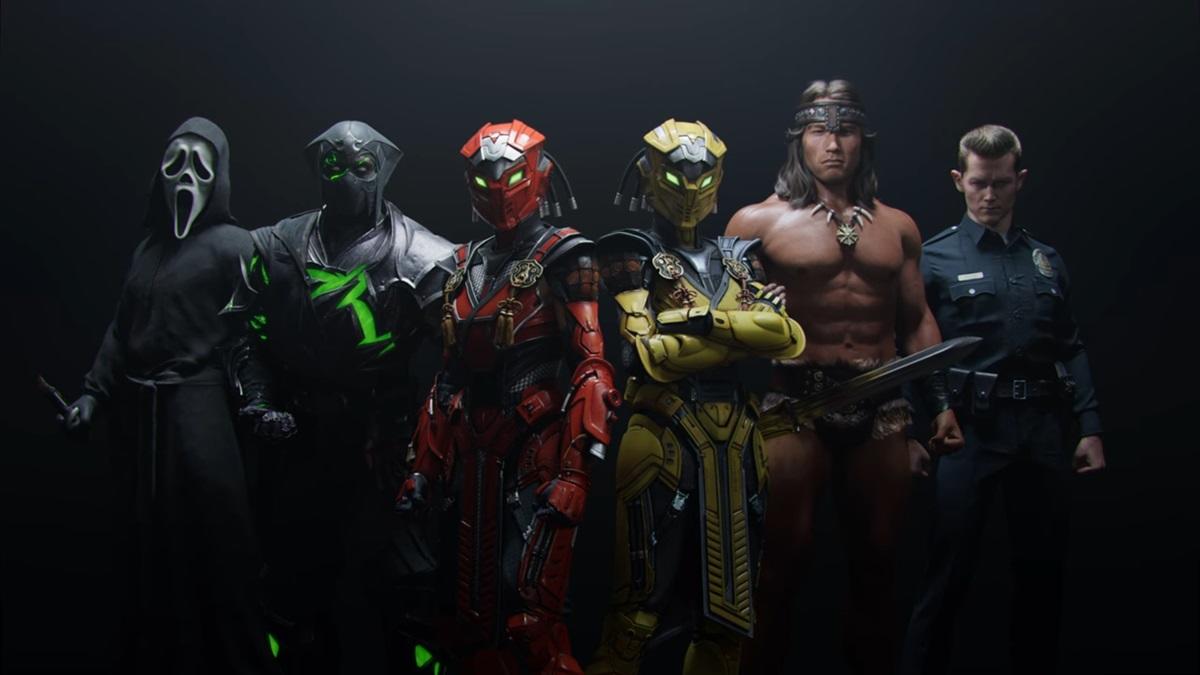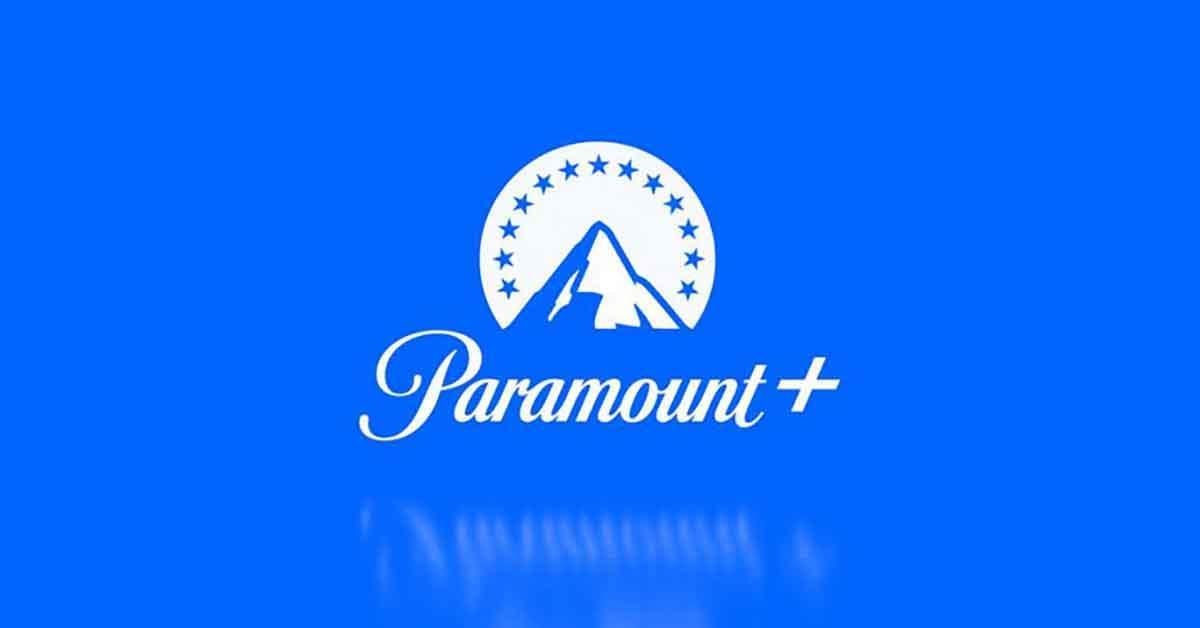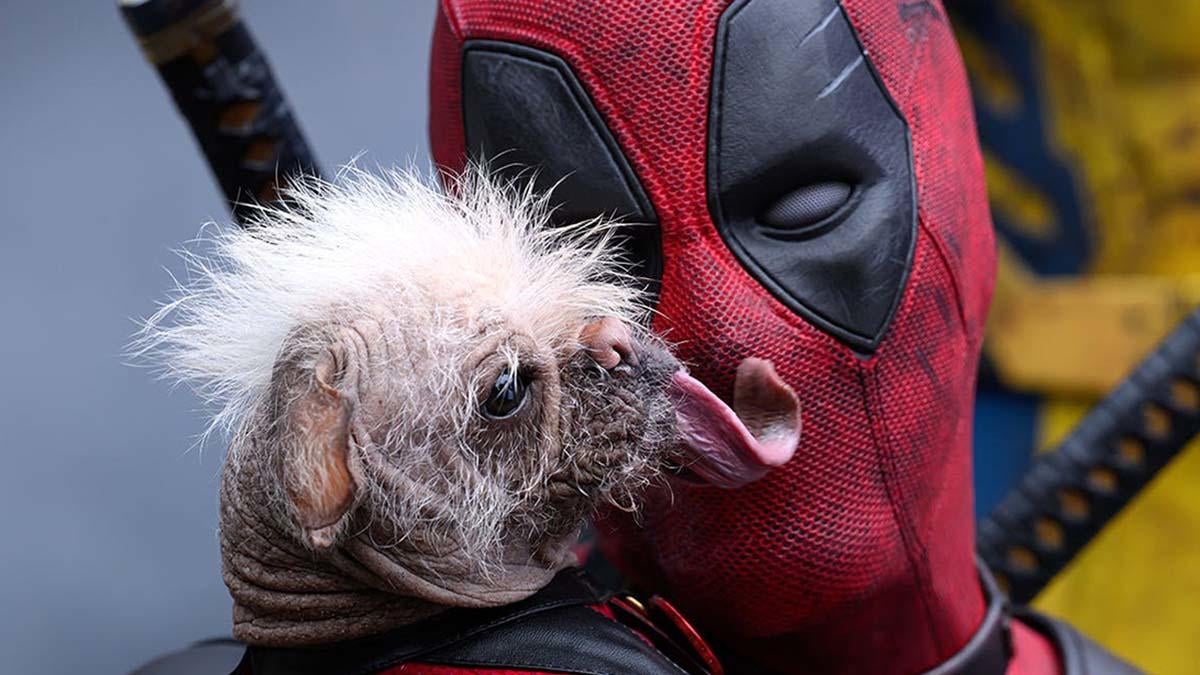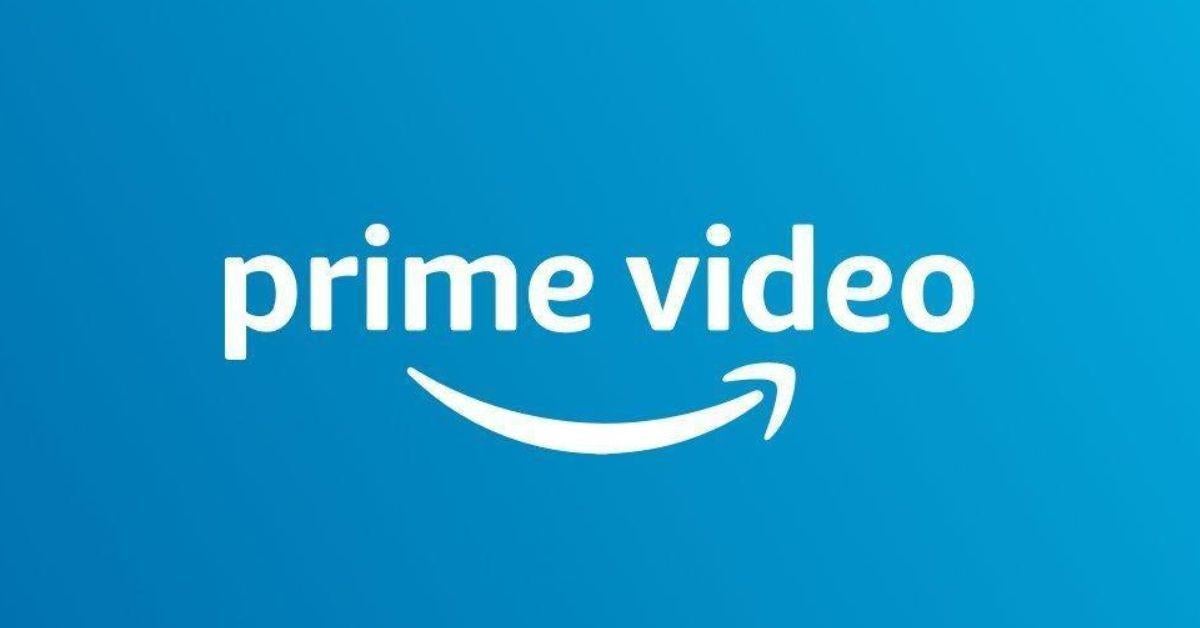Erik Larsen on Women in Entertainment
Late last night (or early this morning, depending upon your perspective and time zone), Image [...]

Late last night (or early this morning, depending upon your perspective and time zone), Image Comics co-founder and Savage Dragon creator Erik Larsen took to social media to talk about a topic that's not entirely unfamiliar to comic book readers and professionals during the last calendar year: The role that women play in comics. While most of the discussion in late 2011 revolved around the way women were actually being depicted, there was a vocal contingent talking about how many (few) women actually worked in mainstream, big two comics and how dissatisfied they were. While Laura Hudson at Comics Alliance was probably the most familiar face advocating for the cause, the Batgirl of San Diego--a fan-turned-commentator known as Kyrax2--lent the story just the sense of the absurd and sensational that it needed to get mainstream media coverage and ultimately be seriously addressed by DC Comics. Larsen, who has been faced criticism in the past for his depiction of women, saw in a recent essay by comedian and Chelsea Lately staff writer Jen Kirkman an anecdote about women being marginalized in a niche business, which he saw as equally applicable in comics. On both his Twitter and Facebook pages, Larsen posted the link to Kirkman's story (provided below), saying:
"In case you missed that, Aimee Mann linked to an article about women in comedy by Jen Kirkman and it got me thinking about comics. How many times do we need to have 'women in comics' panels where they're singled out like circus freaks? How refreshing would it be to have panels where the panelists just happen to be women and that's NOT the topic? Seriously--if you're organizing a con--break up that women in comics or blacks in comics panel and distribute those panelists to other panels. I want everybody to be heard--not segregated. This is 2012, for cryin' out loud. Dare to have integrated panels at comic book conventions."
While Larsen's followers largely agreed with his comments, it was not without warning him that he was likely to take flak for his position. The implication that female or minority creators would be better off without panels designed to highlight their work specifically is admittedly a difficult sell, particularly when there are notoriously so few of them working in comics. It's unlikely that the question will go away anytime soon. If a convention did dismantle their "women in comics" panel, it would almost certainly be poorly received. Female creators, meanwhile, tend to be somewhat marginalized even if they work at a major publisher. The odds are that Ann Nocenti, the incoming writer of DC's Green Arrow, will not be a major part of future Justice League panels. Truly "integrated" panels like Larsen talks about are difficult to imagine in an industry where Wonder Woman only recently had its first female ongoing writer. That said, his position that talented female creators shouldn't be forced to just answer questions about "being a girl in a man's world" over and over again is difficult to argue against. At a minimum, these panels tend to preach to the converted; how many conservative, white, male fans do you know who make the "women in comics" panel one of their must-see events of the convention weekend? Certainly Larsen is better off than Eddie Brill, whose firing yesterday as Talent Coordinator for The Late Show With David Letterman came after a week of controversy surrounding remarks he made to the New York Times that suggested he didn't think there were very many good female comedians. "There are a lot less female comics who are authentic," the booker told the Times when asked about the Letterman show's tendency to hire far more male comedians to appear on the air. Kirkman's post, reposted by Mann and then Larsen, said that she had talked with Brill a number of times and that while she had never appeared on the show, she never had the impression that her gender had played a role in her exclusion. Letterman has, historically, had his share of controversy. In addition to his notorious feud with Sarah Palin, he squared off with indie comics legend Harvey Pekar, who had been a frequent guest of Letterman's until a famous on-air meltdown between the two. He also cut a segment featuring controversial comedian Bill Hicks, which became infamous with Hicks's fans because (unbeknownst to Letterman or the public at large) Hicks was near death from pancreatic cancer and would never appear on television again after the last-minute change. Years later, Bill's mother Mary was brought on the show, where Letterman apologized for the situation and aired the performance. Brill, who was not working for Letterman when the Hicks set was cut but had joined the staff by 2009 when the footage finally saw the light of day, appeared as the face of the Late Show at an April 2011 panel discussion following the U.S. premiere of American: The Bill Hicks Story, an animated documentary film about Hicks's life. The film of the discussion, linked above, was taken by documentarian Zach Roberts while this writer took audio for the Panel Discussions podcast that discussed the film. That audio can be heard here.




